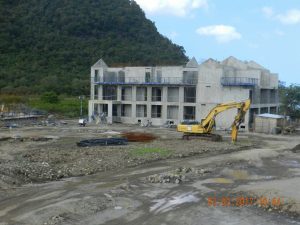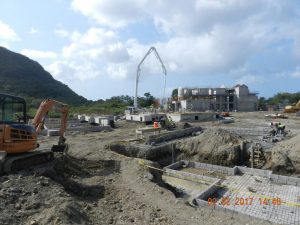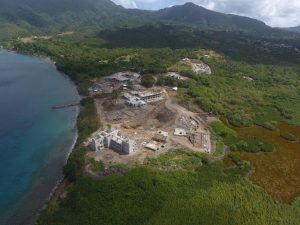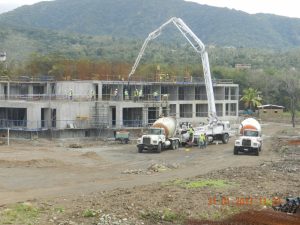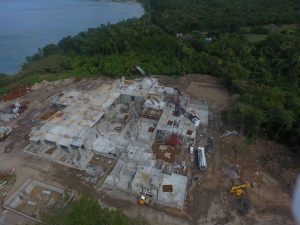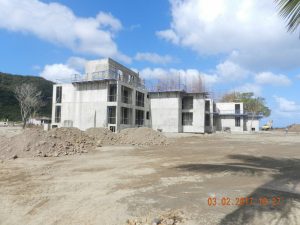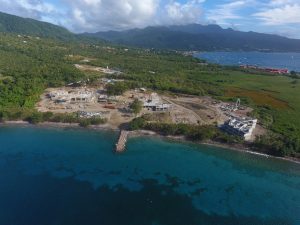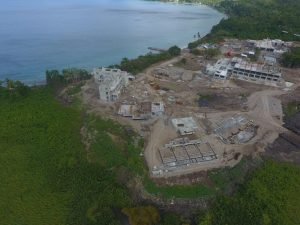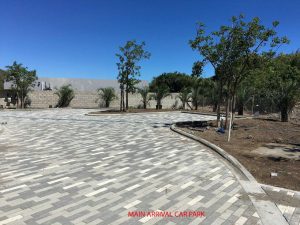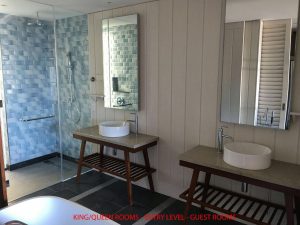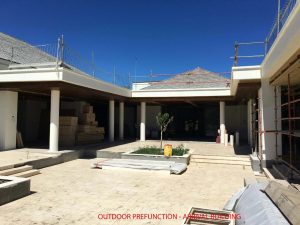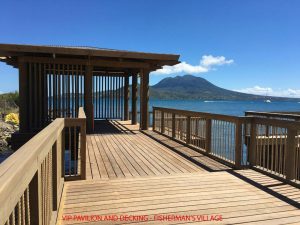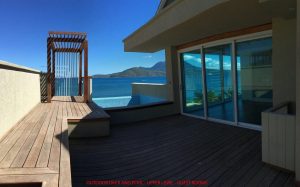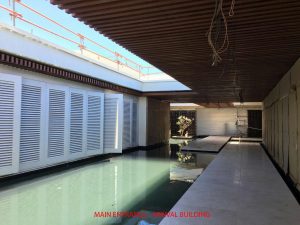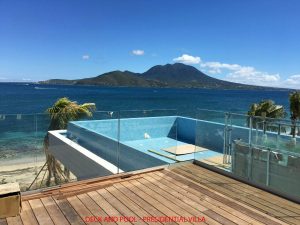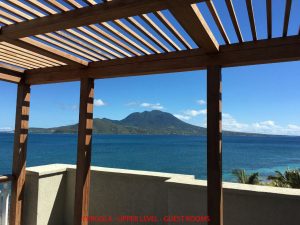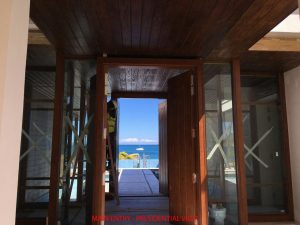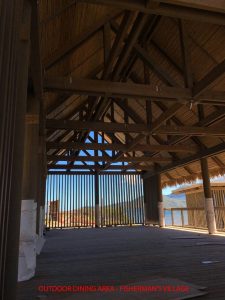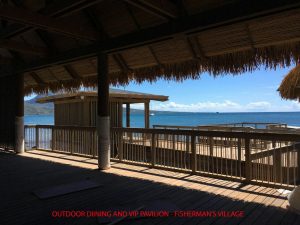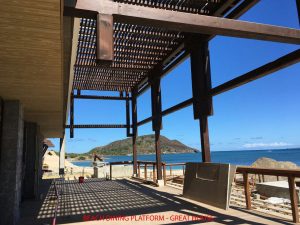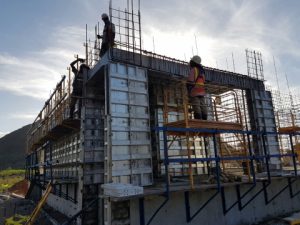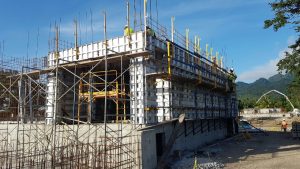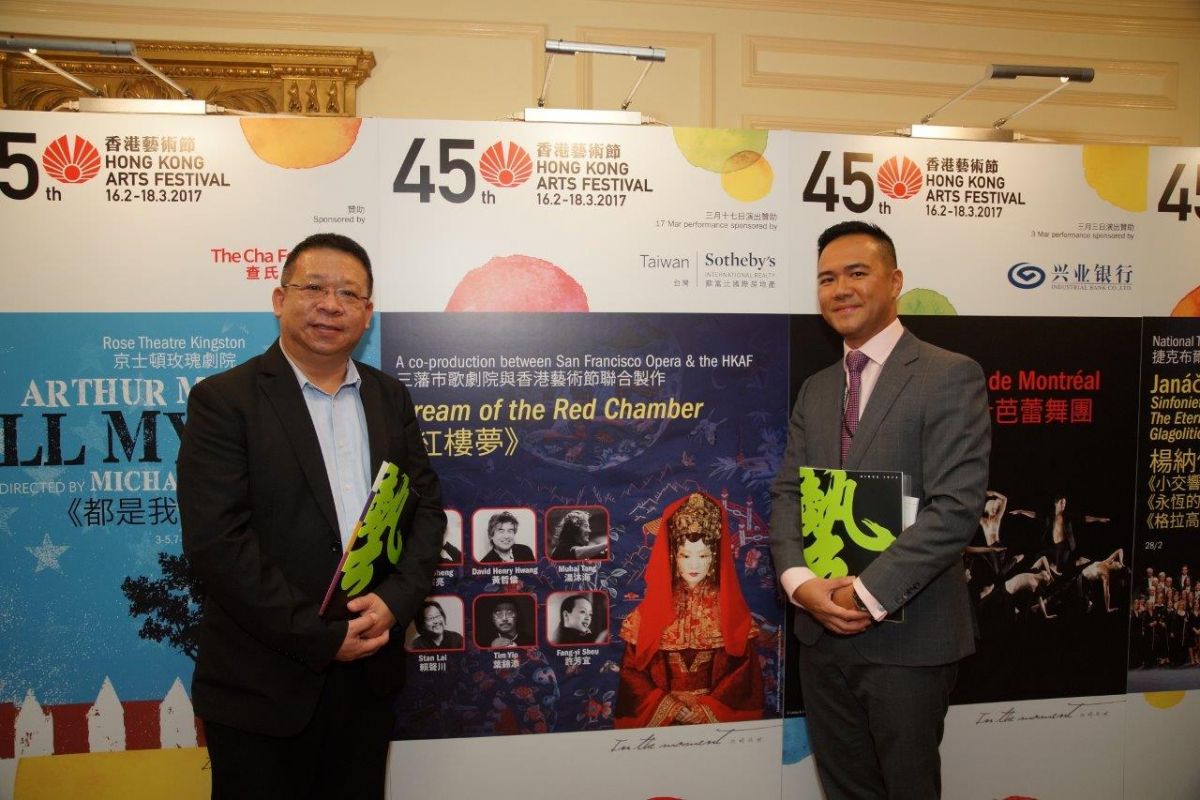Subtle but key differences in Caribbean citizenship programmes (updated on 23032017)
By Caribbean News Now contributor
MIAMI, USA — It is often tempting to lump together the five citizenship by investment (CBI) programmes of the Eastern Caribbean, with investors assuming that the only difference is the reputation of the island or the price of the passport. This is clearly not the case. While they often share many similarities, not all are created equal.
For example:
1. Saint Lucia citizenship cannot be passed down to future generations, but is limited to the applicants at the time the application is made – so it is not true citizenship, more like residency. This is not the case in Dominica, where full citizenship is passed from parent to child indefinitely.
2. St Kitts and Nevis’s big advantage, shared by Saint Lucia, is that it does not maintain diplomatic relations with China, preferring many years ago to partner with Taiwan instead. As a result, the Chinese love these passports as they feel safer with the Taiwanese. This is an important issue with Antigua and Barbuda, which is very close to China – it built the Sir Vivian Richards cricket stadium among other things – so there is always a perceived risk for Chinese investors that their new citizenship will be revealed to their home government.
3. Dominica and St Kitts and Nevis’s other big advantage is that real estate can be sold after five years to investors who can also use the same piece of real estate to apply for CBI. This is not the case with Antigua and Barbuda or Grenada. In the case of the former, it can only be resold (if the applicant wishes to keep the passport), the project is complete and given progress to date.
4. Grenada’s much-touted selling point is its E-2 investor visa treaty with the United States. The E-2 investor visa allows an individual to enter and work in the US based on an investment he or she will be controlling. This visa must generally be renewed every two years, but there is no limit to how many times one can renew. The investment must be “substantial”. Investor visas are available only to citizens of certain countries, including Grenada. However, applicants must hold a Grenadian passport to apply for this visa but, in order for the E-2 visa to be granted, applicants first have to visit the US embassy in Bridgetown, Barbados, and explain their business plan. Officials there are said to baulk at any applicant, who, though they might be holding a Grenadian passport, does not look Grenadian.
Link : http://www.caribbeannewsnow.com/headline-Subtle-but-key-differences-in-Caribbean-citizenship-programmes-33872.html



